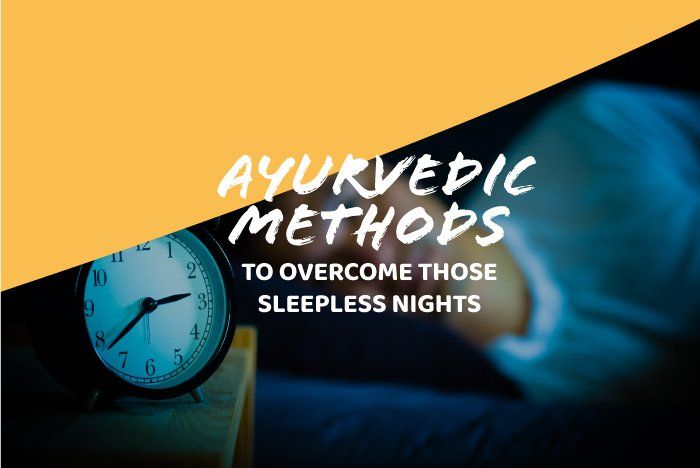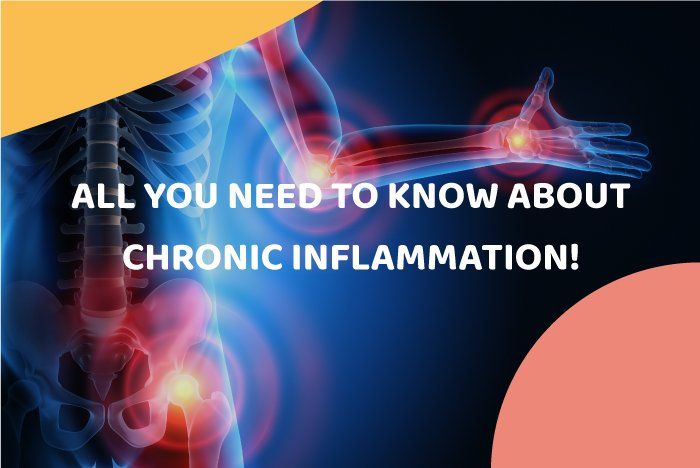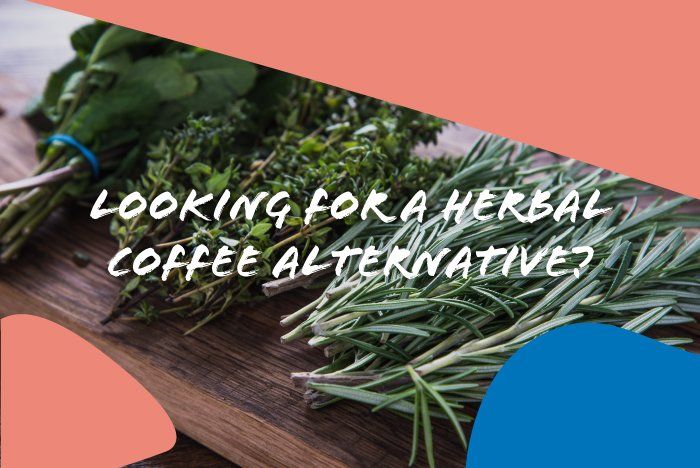Blog Layout
Sugar & Anxiety
Aug 18, 2020
Anxiety has a sweet tooth!
When we talk about sugar, we often think of its awful impact on our physical health but rarely about the harm it can cause to our psychological health. Let’s dive into the subject to try and understand the effects of sugar on mental wellbeing.
While it’s true that sugar can provide you with a burst of energy (think of a “sugar rush”), studies show that consuming it probably won’t improve your state of mind. On the contrary, research has found that a diet with a higher sugar intake can raise the risk for mood disorders in men and women alike, and that adults who consumed regularly saturated fats and added sugars (which is sugar added to processed foods) showcased higher anxiety. Note, however, that studies have not yet drawn a concrete cause-and-effect connection between mood irregularity and sugar intake.
The link between sweets consumption and stress, on the other hand, have already been proven. Sugar can suppress your hypothalamic pituitary adrenal axis, a unit in your brain that regulates your body’s response to stress, and can possibly stop the production of Cortisol (the stress hormone) which would reduce anxiety. This feeling is, however, short-lived and could lead to a sugar dependence — creating a risk for physical health issues such as obesity.
Indeed, sugar has been often compared to drugs as it can lead to symptoms that resemble those of addiction. People who abruptly go from high-sugar to sugar-free diets have been found to experience psychological withdrawal. This can include panic attacks and feelings of irritability, anxiety, exhaustion or confusion.
It’s always a good idea to reduce your added sugar and processed sweets consumption by finding less harmful sources of sugar. Ripe fruits, for example, are very sweet in taste. You can try making smoothies that contain fruits and high protein yoghurt or coconut milk. Adding sides of sweet potatoes to your dishes or using tiny doses of honey in your beverages can also provide extra sweetness.
While extensive research on the topic has not been completed yet, many studies on mental health and psychological issues have identified high sugar consumption as a likely source of risk for a lot of mental conditions. Until researchers can give us concrete answers and scientific facts, will you reconsider your sugar consumption or not? It’s all up to you and your opinion!

25 Mar, 2021
Have you ever just lied in bed, thinking you were ready to fall asleep on the spot, but end up wide awake staring at the ceiling? Or went to bed at 10 p.m. but didn’t manage to actually fall asleep until 3 a.m.? Us (and 30-45% of the adult population worldwide) too!
The worst part is that you don’t voluntarily do that; it just happens. It’s like your own brain doesn’t want you to fall asleep. And out of frustration, you start searching everywhere for a solution that will help you get a good night’s sleep. It works out sometimes, but other times, its effects only last for about a week. But, do not despair, we may have found the perfect solution: Ayurveda.

18 Mar, 2021
We’ve all gotten a cut somewhere on our body before, and we’ve all noticed the red swelling that occurs around that cut area, which naturally fades away after it’s healed.
If you’ve ever noticed that, then congrats! You’re the witness of a marvelous immune response called inflammation; our bodies’ natural fight response to any foreign agent trying to harm them!

11 Mar, 2021
Nothing gets us through the long work days like a deliciously warm cup of coffee. But no matter how much we like it, coffee comes with some disadvantages. While it’s the second-most consumed beverage around the world, some people just can’t drink it, don’t like it, or are looking for an alternative that comes without the afternoon jittering!
So, we’ve decided to compile three easy alternatives that will help support your energy levels and offer you even more benefits than coffee!

